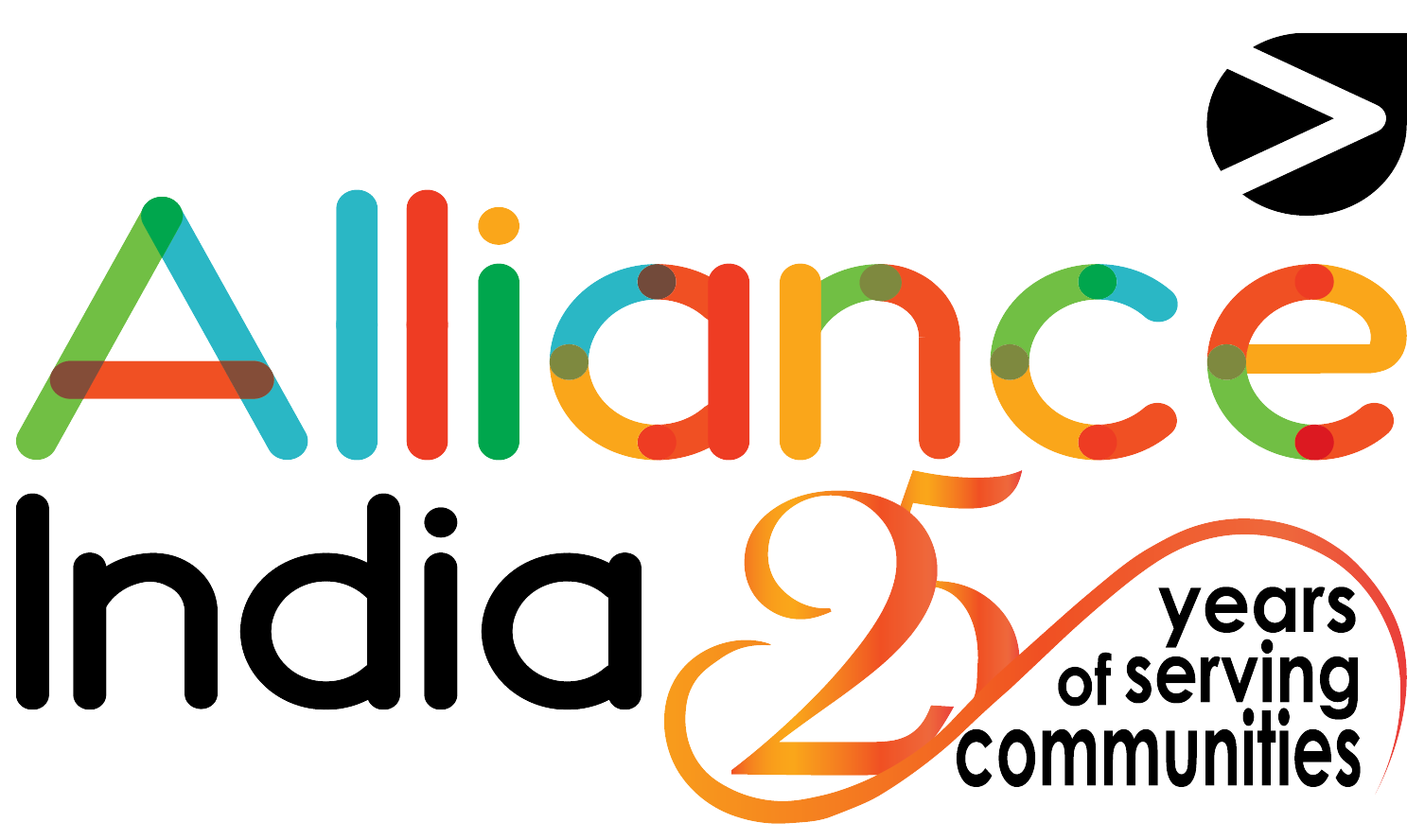An Avoidable Tragedy: Ending Overdose Deaths
The Delhi Police van took the defendants back to Tihar Prison after their hearing. Ramesh (name changed to protect identity) was happy at the thought that he would soon be able to reunite with his wife and meet his two-year-old son for the first time. He had spent the past two years in jail. During the judgement, the Metropolitan Magistrate acquitted him of the criminal charges against him. He had been arrested on fabricated charges of a petty crime, but due to his criminal record and history of drug use, his detention had been extended for two years due to trial delays.
As soon as Ramesh was released, he boarded the local bus and excitedly started his journey. When his station came, he got off the bus and headed home. The walk was long, and Ramesh started reminiscing about his drug use days when he would get high. Remembering made him crave “just one fix.” He met his old friend Samir who had been anxiously awaiting his return. He hugged Ramesh and said, “It’s been ages since we had a high together. I have the best stuff.” Ramesh was unable to resist and decided to take a quick hit before finally heading home.
Samir took him to a nearby half-constructed building and took out his paraphernalia. Ramesh lit a beedi (cigarette) and watched him prepare the dose. Samir prepared a 5 ml dose for Ramesh and injected him. Ramesh could feel the rush of warm chemicals moving in his veins and could feel his eyes closing as he disappeared into darkness.
Samir was horrified when he realized Ramesh’s unresponsive condition and tried all possible ways to wake him up. Samir ran for help and got his parents who took Ramesh to a nearby private doctor. The doctor gave him a medication by saline drip in the hope that it would help him regain consciousness. After six hours, the outcome was clear.
Ramesh was dead. He died from an overdose that night without meeting his newborn baby or seeing his wife and the rest of his family. I remember Ramesh so clearly. He had been my drug-using partner, and we were friends for many years.
There are many Rameshs – in Delhi and across India – who die from injecting greater doses of opioids than required in an attempt to get high. Added with other sedatives and cocktails of depressants, they often experience overdoses that go unnoticed by the users themselves and by others around them. Often their deaths are attributed to other factors like HIV infection and malnutrition. A newspaper article reports that nine recent homeless deaths in Delhi were likely due to addiction. People who inject drugs (PWID) all too often die unexplained deaths, and these numbers are increasing. In 2005, the number of unidentified PWID deaths in Delhi was 2,202. By last year, this figure had risen to 3,285.
Overdose is an urgent condition that requires immediate intervention. A simple 1ml injection of Naloxone is a life-saver. It is not at all costly, and the WHO has included it on its list of essential medicines. Overdose deaths are all too common and avoidable. Naloxone is a game-changer. All healthcare facilities should have this drug ready and available.
Today is International Overdose Awareness Day, so it is especially timely to raise these issues. Let this be a wake-up call to government to end inaction and scale up evidence-based and cost-effective interventions like naloxone that can reduce overdose deaths among PWID. People from drug-using backgrounds are assets to these efforts and should be actively engaged as implementation partners in awareness raising, dissemination of information, and ensuring the availability of naloxone free-of-cost to PWID in need.
The author of this post, Francis Joseph, is the Programme Manager of the Nirantar project at India HIV/AIDS Alliance in New Delhi.
Other Recent Articles
- Youth Voices: Life with HIV in Contemporary India 26 September, 2023
- Empowering Transgender Community to create an Equal World 20 July, 2023
- Combating Stigma and Discrimination Among People Living with HIV 7 July, 2023
- Understanding the Significance of HIV Testing: Impact on Individuals, Relationships, and Society 22 June, 2023
- Empowering Lives during Unrest l Our Commitment to Manipur 5 June, 2023
- Empowering the Transgender Community: Alliance India Initiates Transgender ID Card Registration Drive 17 May, 2023
- The Struggle of Embracing Identity- International Day Against Homophobia, Transphobia and Biphobia 17 May, 2023
- Innovaccer Provides Support to Ensure Quality Health Services to Children Living with HIV 5 May, 2023
- The Essential Role of Social Protection Schemes for People Living with HIV 13 April, 2023
- Marriage is only between a biological male and biological female,” Centre tells Supreme Court 14 March, 2023
- Made by Nicdark - Copyright 2020
- donations@ong.com
- volunteers@ong.com
- contact@ong.com
India HIV/AIDS Alliance (Alliance India)
A not-for-profit Section 8 Company with Registration No: U85310DL1999NPL098570
Contact
-
6, Community Centre
Zamrudpur Kailash Colony Extension
New Delhi – 110048 - +91-11-4536-7700
Download
Quick links
©2021 All Rights Reserved by Alliance India



Leave a Reply